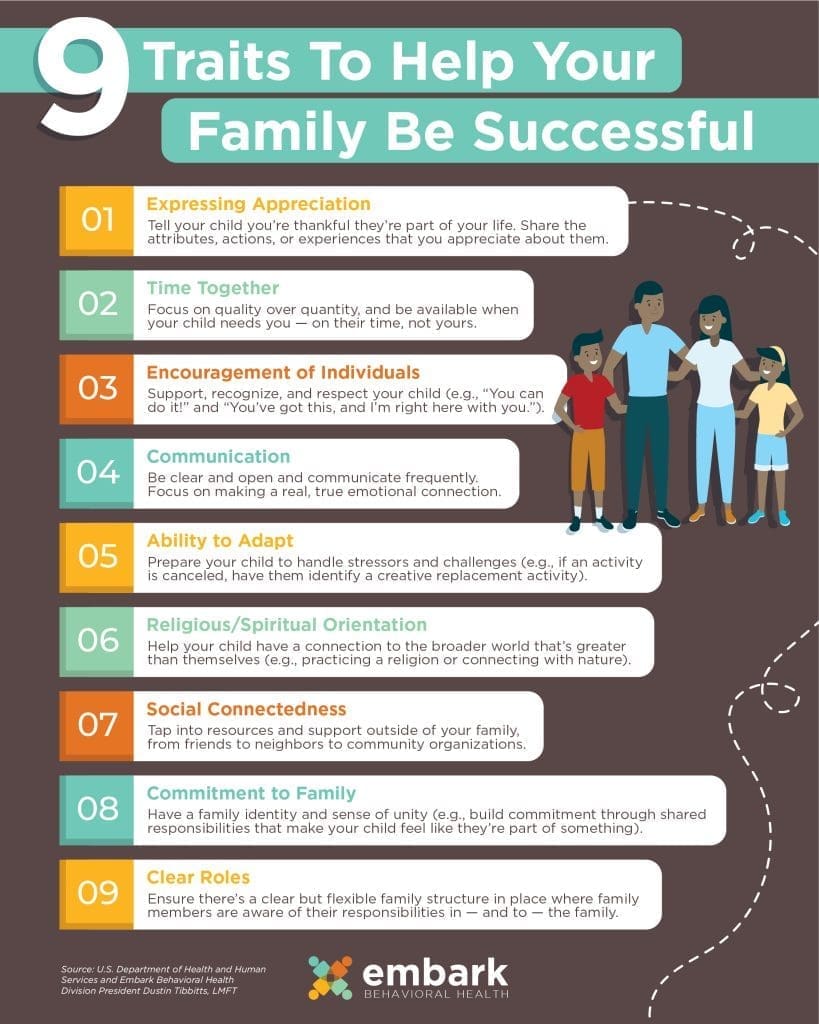In today’s fast-paced world, maintaining a strong family life network is more crucial than ever. With the constant demands of work, school, and social media, it’s easy to get caught up in our individual pursuits and neglect the people who matter most – our family. However, a robust family life network is essential for our emotional, mental, and physical well-being. In this article, we’ll explore the significance of a strong family life network, its benefits, and provide practical tips on how to nurture and maintain one.

What is a Family Life Network?
A family life network refers to the web of relationships within a family, including parents, children, siblings, grandparents, and extended relatives. It encompasses the emotional, social, and financial support systems that families provide for one another. A strong family life network is built on trust, communication, and mutual respect, and it plays a vital role in shaping our values, beliefs, and behaviors.
Benefits of a Strong Family Life Network
- Emotional Support: A strong family life network provides a safety net of emotional support, which is essential for our mental health and well-being. Family members can offer a listening ear, a comforting word, and a helping hand during times of need.
- Social Connection: A family life network helps us stay socially connected, which is critical for our physical and mental health. Social isolation can lead to depression, anxiety, and other health problems, while a strong family life network can help us feel more connected and less alone.
- Financial Support: A family life network can provide financial support during times of need, such as helping with expenses, offering loans, or providing a place to stay.
- Role Modeling: Family members can serve as positive role models, teaching us important values and life skills, such as responsibility, respect, and empathy.
- Sense of Belonging: A strong family life network gives us a sense of belonging, which is essential for our self-esteem and identity. Knowing that we are part of a larger family unit can provide a sense of security and comfort.
Challenges to a Strong Family Life Network
Despite the importance of a strong family life network, many families face challenges that can weaken their bonds. Some common challenges include:
- Busy Schedules: With increasingly demanding work and school schedules, families may find it difficult to spend quality time together.
- Geographic Distance: Families may be separated by distance, making it challenging to maintain regular communication and visits.
- Conflict: Family conflicts, such as disagreements and arguments, can strain relationships and weaken the family life network.
- Technological Distractions: The rise of social media and other digital technologies can distract us from family interactions and weaken our relationships.
Practical Tips for Nurturing a Strong Family Life Network
- Schedule Quality Time: Set aside dedicated time for family activities, such as dinner, game nights, or outings.
- Communicate Regularly: Make an effort to communicate regularly with family members, whether through phone calls, video chats, or in-person visits.
- Show Appreciation: Express gratitude and appreciation for family members, whether through small gestures or grand gestures.
- Respect Boundaries: Respect individual boundaries and personal space, while also making an effort to stay connected.
- Create Traditions: Establish family traditions, such as annual vacations or holiday celebrations, to create lasting memories and strengthen bonds.
The Role of Extended Family
Extended family members, such as grandparents, aunts, uncles, and cousins, can play a vital role in a strong family life network. They can provide:
- Additional Support: Extended family members can offer emotional, financial, and practical support during times of need.
- Diverse Perspectives: Extended family members can bring diverse perspectives and experiences, enriching family discussions and relationships.
- Intergenerational Connections: Extended family members can help bridge the gap between generations, providing opportunities for learning, growth, and connection.
The Impact of Technology on Family Life Networks
Technology has both positive and negative effects on family life networks. On the one hand, technology can:
- Facilitate Communication: Technology, such as video chats and social media, can facilitate communication and connection among family members.
- Provide Access to Resources: Technology can provide access to resources, such as online education and healthcare services, that can support family well-being.
On the other hand, technology can also:
- Distract from Family Interactions: Excessive technology use can distract us from family interactions and weaken relationships.
- Create Social Isolation: Over-reliance on technology can create social isolation, even among family members who live together.
Frequently Asked Questions (FAQ)
Q: What is the most important factor in building a strong family life network?
A: Communication is the most important factor in building a strong family life network. Regular, open, and honest communication helps to build trust, resolve conflicts, and foster emotional support.
Q: How can I balance work and family responsibilities?
A: Balancing work and family responsibilities requires setting priorities, managing time effectively, and seeking support from family members and friends when needed.
Q: What role can grandparents play in a strong family life network?
A: Grandparents can play a vital role in a strong family life network by providing emotional support, practical help, and serving as role models.
Q: How can I stay connected with family members who live far away?
A: Technology, such as video chats and social media, can help stay connected with family members who live far away. Regular phone calls, letters, and visits can also help maintain relationships.
Q: What are some common challenges to a strong family life network?
A: Common challenges to a strong family life network include busy schedules, geographic distance, conflict, and technological distractions.
Conclusion
In conclusion, a strong family life network is essential for our emotional, mental, and physical well-being. By nurturing and maintaining a robust family life network, we can build a support system that provides emotional support, social connection, financial support, role modeling, and a sense of belonging. While challenges such as busy schedules, geographic distance, and technological distractions can weaken family bonds, practical tips such as scheduling quality time, communicating regularly, and showing appreciation can help strengthen relationships. By prioritizing family and making an effort to stay connected, we can build a strong family life network that brings joy, comfort, and fulfillment to our lives. Remember, a strong family life network is a precious resource that requires attention, effort, and commitment to nurture and maintain. By investing in our family relationships, we can create a lifelong support system that enriches our lives and helps us thrive.
Closure
Thus, we hope this article has provided valuable insights into The Importance of a Strong Family Life Network. We hope you find this article informative and beneficial. See you in our next article!


